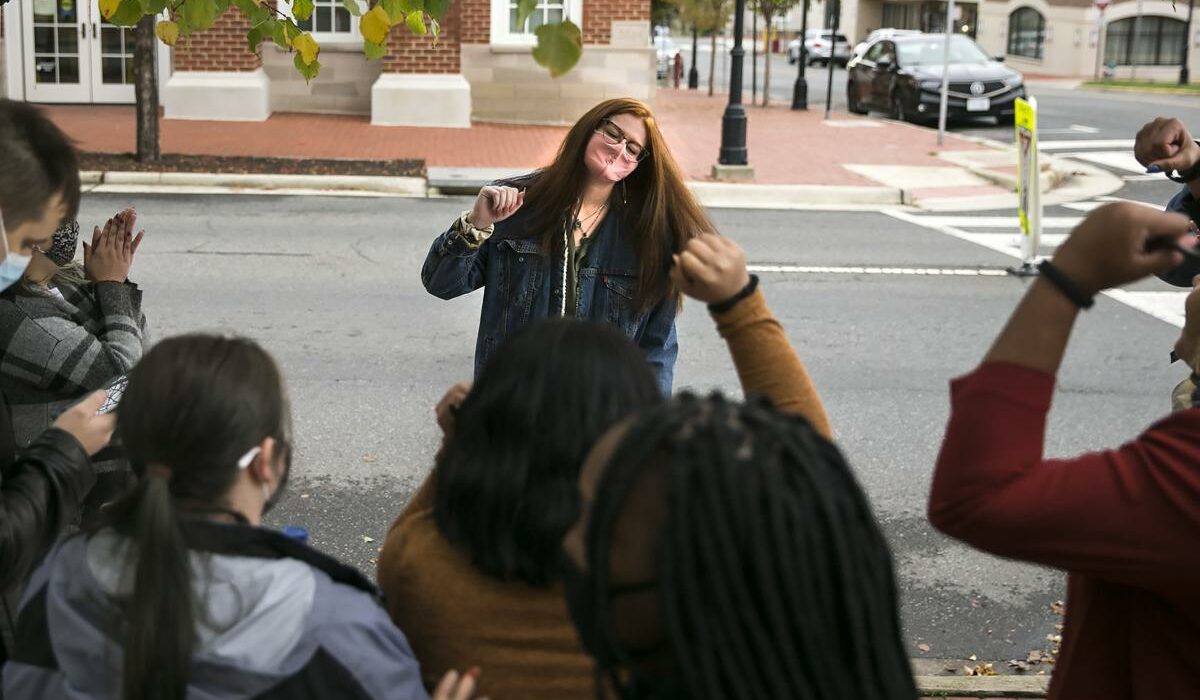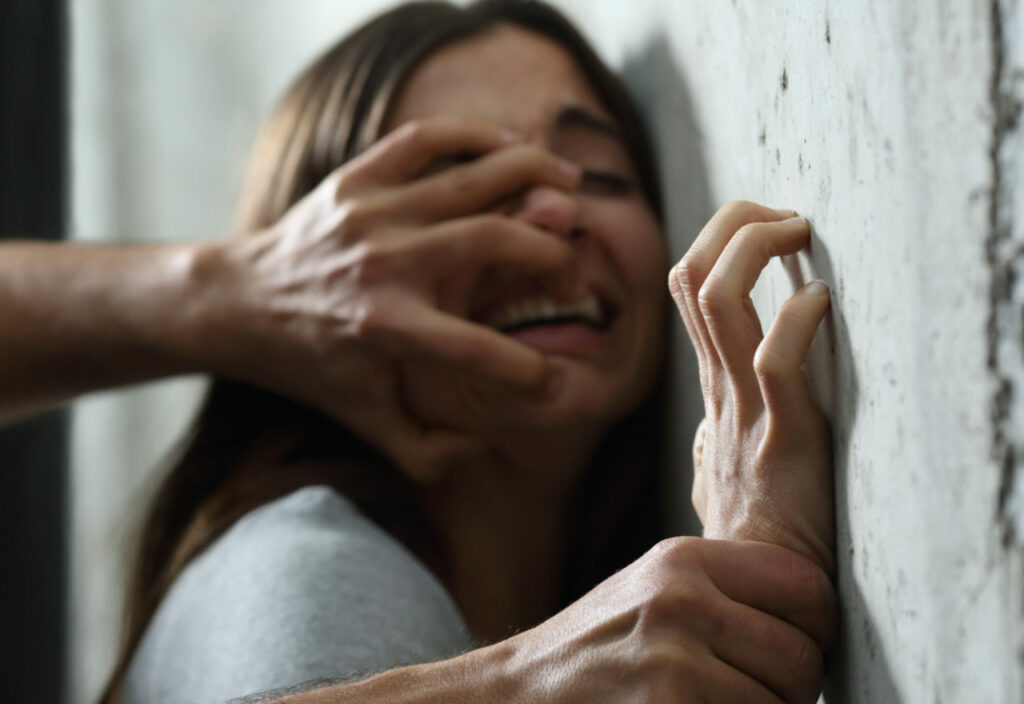
In United States v. Mott, 2009 WL 4048019 (N-M. Ct. Crim. App. Nov. 27, 2009) (unpublished) the court found a violation of R.C.M. 701(a)(2) and R.C.M. 701(a)(6)/Brady
One morning during breakfast on the ship’s mess deck, Mott walked up and stabbed another service member. He had never met the victim before. Both parties agreed that at the time, Mott suffered from paranoid delusions. The issue was whether he was able to appreciate the wrongfulness of his acts. The government used a psychiatrist during the trial as an expert witness and the defense specifically requested that the government produce any reports, statements, or conclusions made by any government experts. The government did not disclose anything related to this expert but also did not call this expert – or any mental health professional – on the merits. The military judge sitting as the court-martial rejected the defense of lack of mental responsibility and found Mott guilty of attempted murder. On appeal, the Navy-Marine Corps Court of Criminal Appeals (NMCCA) ordered that the file on the government expert be disclosed but found nothing in the file to be particularly relevant. The government conceded, however, that the expert did verbally tell the trial counsel that he agreed with the defense expert that Mott was unable to appreciate the wrongfulness of his acts. The court found that this was a violation of R.C.M. 701(a)(2) and R.C.M. 701(a)(6)/Brady: The court found that this error was not harmless beyond a reasonable doubt and set aside the findings and sentence.
Defending Service Members Globally
Wherever Duty Calls, Our Defense Follows




